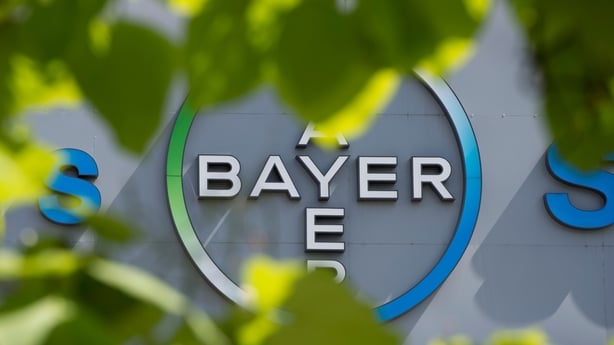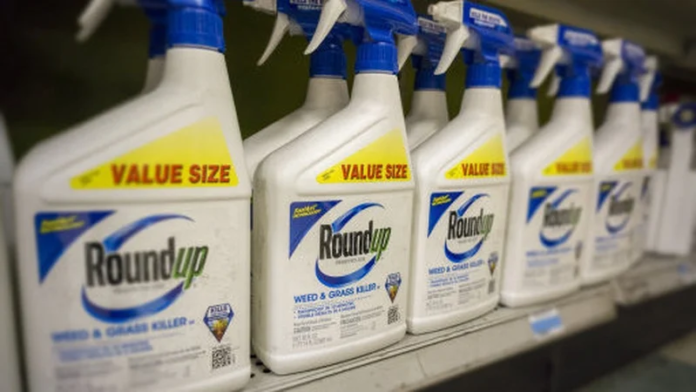Bayer has agreed to settle thousands of US lawsuits claiming that its widely-used weed killer Roundup caused cancer for as much as $10.9 billion after more than a year of talks, resolving litigation that has hit the company’s share price.
The German drugs and pesticides maker has come to terms with about 75% of the current Roundup plaintiffs, involving about 125,000 filed and unfiled claims overall, it said in a statement on the deal to end legal disputes it inherited with its $63 billion takeover of Monsanto in 2018.
The settled cases over Roundup and other glyphosate-based weedkillers account for about 95% of those currently set for trial, Bayer added.
“The Roundup settlement is the right action at the right time for Bayer to bring a long period of uncertainty to an end,” chief executive Werner Baumann said.
The company added it will make a payment of $8.8-$9.6 billion to resolve the current Roundup litigation, including an allowance expected to cover unresolved claims and $1.25 billion to support a separate class agreement to address potential future litigation.
Ken Feinberg, who was appointed settlement mediator by a federal judge more than a year ago, said that while nearly 25,000 claims remained unsettled there will be no more trials as cases settle in coming months.
“Bayer wisely decided to settle the litigation rather than roll the dice in an American court,” said Mr Feinberg, who has mediated other high-profile disputes, including over the 9/11 Victim Compensation Fund, the BP Deepwater Horizon disaster and Volkswagen’s diesel emissions scandal.


Bayer said in February that it did not need to write down Monsanto’s value in its books if it has to spend $10 billion on a settlement, reflecting the average analyst estimate at the time.
The company, whose management in April regained shareholder support for its handling of the litigation, has denied claims that Roundup or its active ingredient glyphosate causes cancer, saying decades of independent studies have shown the product is safe for human use.
Bayer said it expects to maintain its investment-grade credit ratings and intends to keep its dividend policy.
Monsanto began selling Roundup in 1974, and while the formulation is no longer patent-protected, Roundup remains widely available.
Bayer will continue selling Roundup and will not add a cancer warning label to the product, a company spokesman said.
Bayer has repeatedly said Roundup is safe and important to farmers who use the herbicide in combination with the company’s genetically modified seeds.










